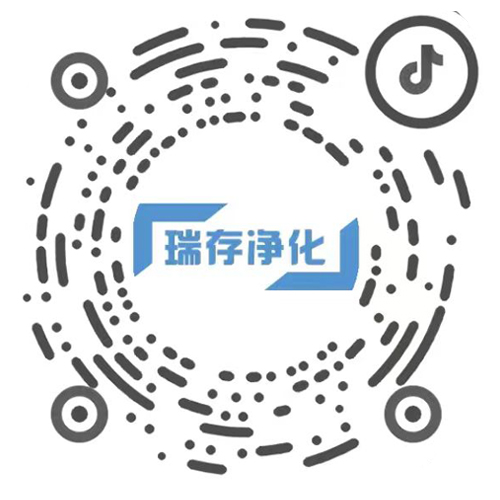News Center
A Brief Discussion on the Impact of Low Temperature Weather on Ultrapure Water Systems
2025/7/23
01 Impact on Pharmaceuticals
When the temperature is too low, the penetration ability of the reverse osmosis scale inhibitor weakens, and its diffusion speed slows down. This is not conducive to the rapid passage of the scale inhibitor through obstacles to reach the action site, slows down the biochemical reaction between the reverse osmosis scale inhibitor at the action point and the intermediate products of bacterial metabolism, and reduces the effectiveness of the reverse osmosis scale inhibitor. When the temperature is low during the operation of the system in winter, it will lead to a decline in the flocculation and sterilization effects, and the tendency of colloidal and organic matter contamination in the system will increase. When the dosage of coagulant and hydraulic conditions remain unchanged, the efficiency of colloid removal decreases and the flocs formed are fine, which are prone to enter the membrane system with the water flow. When the water temperature drops, the viscosity coefficient of water increases. As the water production decreases, the feed water volume also drops, and the flow rate on the feed water/concentrated water side of the membrane decreases. Fine colloids, suspended solids, and organic matter carried in the feed water adhere and deposit in the flow channels, resulting in colloid, suspended solids, and organic matter contamination in the membrane system. In addition, the adsorption effect of activated carbon increases as the water temperature drops, while the efficiency of the fungicide decreases with the drop in water temperature. It can be considered that the effects cancel each other out.
02 Impact on RO Systems
The water production rate of RO membranes is closely related to temperature. The RO water production capacity of an ultrapure water system generally refers to the rated water production capacity of the RO membrane at a water temperature of 25℃. For every 1℃ drop in water temperature, the water production capacity of the RO membrane decreases by approximately 3%. When the water temperature drops below 5℃, the RO membrane will stop producing water. Under the conditions where the influent water quality, influent pressure and water recovery rate remain unchanged, the desalination rate decreases as the influent water temperature rises. Conversely, the membrane desalination rate is relatively high at low temperatures. This is because as the temperature rises, the permeability of the solute increases accordingly, that is, the salt permeation increases, which will cause the electrical conductivity on the product water side to rise and the desalination rate to decrease.
03 Impact on the EDI System
The operation of the EDI system has an ideal temperature range, which is between 5 and 35℃.
When the temperature gradually drops to 15℃ during the operation of EDI, the quality of the produced water will decline. Some of them are caused by errors in temperature compensation; Some are caused by an increase in ions adsorbed onto the ion exchange resin. When the temperature continues to drop, the diffusion effect through the ion-selective membrane will increase, and at this time, the quality of the product water will decline. When the temperature is extremely low, a higher voltage is required to enable water to split efficiently and quickly migrate slow-moving ions. The general rule is that when the temperature is below 25℃, the voltage increases by 10% for every 10℃. When the temperature rises to 35°C, the quality of the product water usually improves as the migration and movement of ions in water become easier. However, if the temperature is even higher, the quality of the produced water will be reduced due to the leakage of ions. This is caused by the reduction of ions adsorbed onto the ion exchange resin. Furthermore, the resistance characteristics of actual ions will increase without temperature compensation, thereby causing the readings to lose their accuracy.
04 Impact on other equipment components
As the main circulation in the ultrapure water system is water, in low-temperature weather, the smaller the flow rate in the system pipes, that is, the fluid in the pipes tends to be laminar flow, the more likely it is to freeze. The lower the ambient temperature where the pipes are located, the more likely they are to freeze. Scientists were the first to theoretically analyze the factors that affect the freezing of water flowing in a circular pipe. They believed that when the temperature of the water within a certain distance starting from the surface of the circular pipe is all below the nucleation temperature, freezing will occur. Equipment components that do not flow or have a low flow rate are prone to ice formation, which can cause damage to the equipment components and affect the safe and stable operation of the system. For the operation of the ultrapure water system during the low-temperature period, it is necessary to ensure that the heat exchange temperature of the system's heat exchange plates is normal while doing a good job in insulating the system components. For the reagent barrels, heat tracing devices should be installed according to the actual situation. For unused water pumps, drain and release water, strengthen on-duty inspection, pay close attention to changes in the weather, and actively take preventive and response measures for adverse weather to avoid incidents that affect the normal operation of the system.






